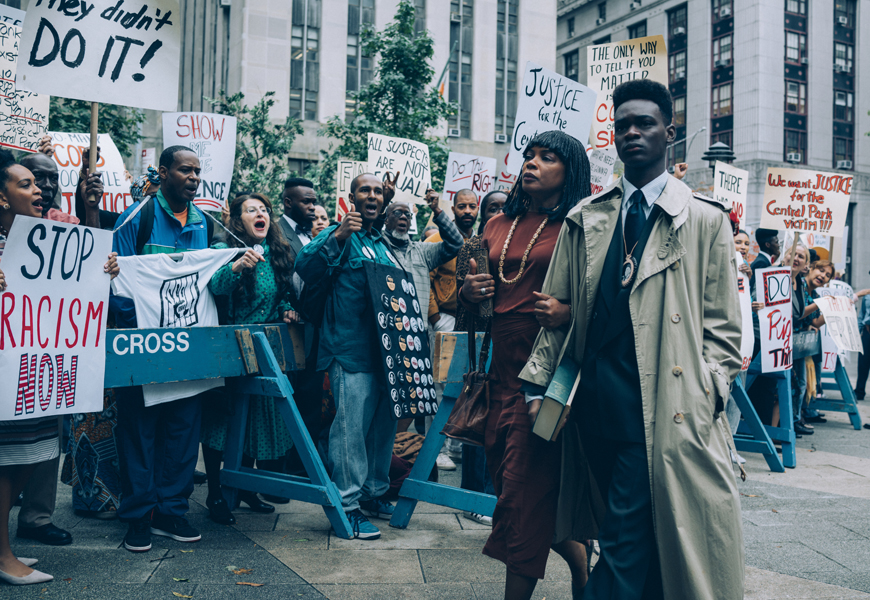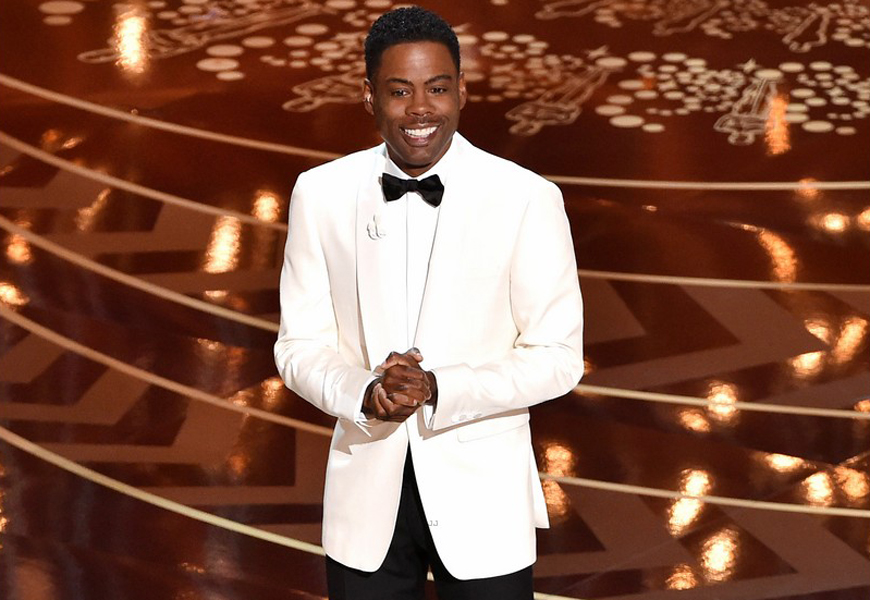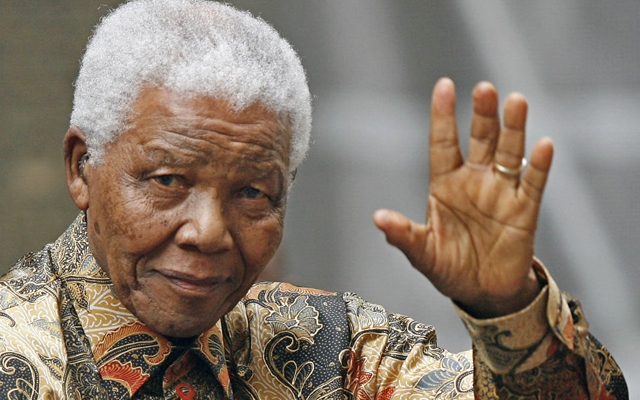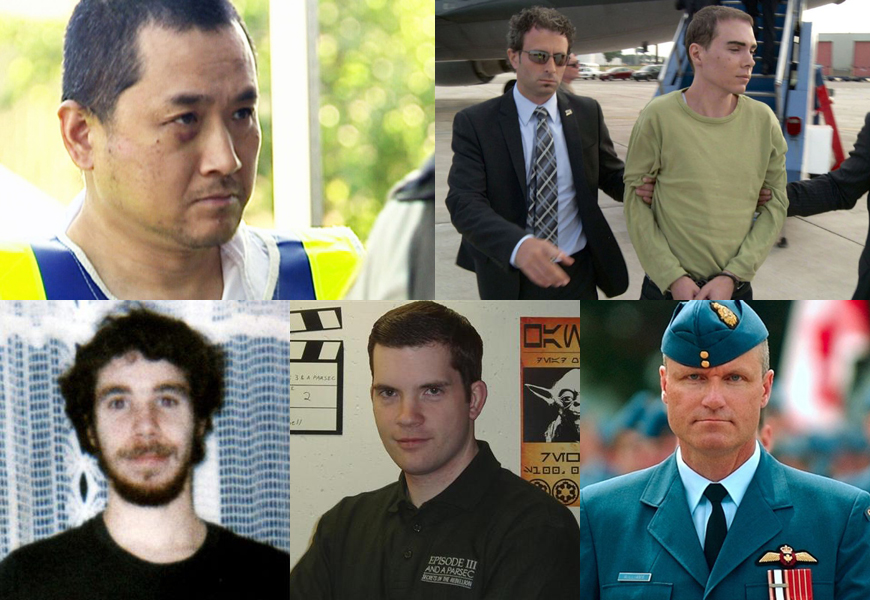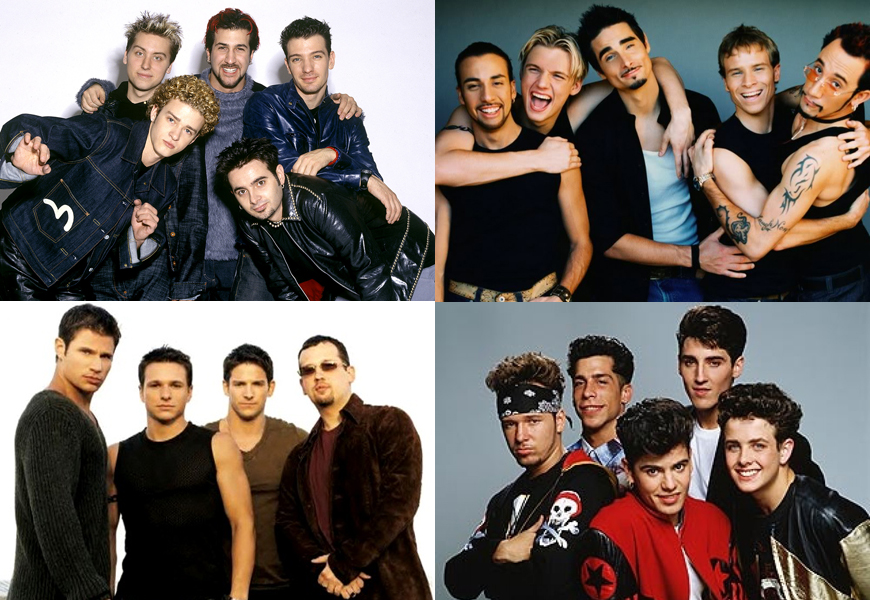The case of the Central Park Five is still very relevant today.
On April 19, 1989, 28-year-old New York City investment banker Trisha Meili was jogging through Central Park around 9pm when she was brutally attacked and left for dead. She was in a coma for 12 days and when she woke up, the ones who had supposedly attacked her had already been arrested. She spent months recovering and still has no memory of the attack to this day.
Five teenage boys were accused of the crime: Korey Wise, Yusef Salaam, Kevin Richardson, Antron McCray and Raymond Santana. They had all been in or around the park on the night of the attack, but they maintained they didn’t know anything about what happened to Trisha. Until, after hours of interrogation, their resolve started to crumble.
The five boys were between the ages of 14 and 16 at the time of the attack and their arrests. Still, the NYPD interrogated them without a parent or guardian present. The police pitted the boys against each other and lied to them, promising them that they’d be able to go home if they said the right things. Despite the lack of physical evidence and eye witnesses, all five boys were convicted of either attempted murder, rape or assault and sentenced to between 6 and 14 years behind bars.
Ava DuVernay’s When They See Us is a four-part limited Netflix series that explores the interrogations, false confessions, trials, and prison sentences of the five boys who became known as the Central Park Five. The series also shows what it was like for the boys—now adults—to get out of prison and realize that they would still have to live with the consequences of the crimes they were convicted of. Their families would never be the same and the lives they thought they were going to have were no longer possible.
We know now that Matias Reyes, who was already serving a life sentence for rape and murder, confessed to the attack on Meili in 2002. By then, the Central Park Five had already served their time, but they were fully exonerated and their records cleared. They were also granted a $41 million settlement, the highest in New York City history.
DuVernay’s main goal as she wrote and directed the series was to show each of the Central Park Five as an individual. “When you incarcerate one person you’re incarcerating their family, their future, their community,” DuVernay told NPR. “In the large numbers that we’re incarcerating people, you’re incarcerating a generation of people. It’s something that we need to look at with knowledge of what it is—not just look at and say ‘It’s a shame.’”
The attack on Trisha Meili was described by The New York Times as “one of the most widely publicized crimes of the 1980s”. Donald Trump, who was a successful real estate investor in NYC at the time, was extremely vocal about the case. He even took out ads in all four of the city’s major newspapers calling for the death penalty. The boys—four of them black, one Hispanic—did have supporters, but it wasn’t enough to overpower the systemic racism that controlled the city, the justice system and the media.
The Central Park Five case is now considered to be a proven case of coerced confessions and wrongful conviction. The taped “confessions” were a major part of the prosecution’s case but the NYPD has been accused of purposely breaking the boys down in order to force confessions. In reality, the confessions were not consistent with the known details of the case and their stories didn’t even match each other.
When They See Us isn’t easy to watch but that’s because DuVernay accomplished her goal of showing who the five boys really were and how they were affected by what they went through. Nothing can ever give them back what their lives should have been, but their story can help bring more attention to the fact that in the U.S. African Americans are incarcerated at more than five times the rate of whites. Racial profiling is still a major part of the justice system which is why a project like When They See Us is much more than another true crime series. The more people that know and understand this case, the more that will think critically about the next one like it.

